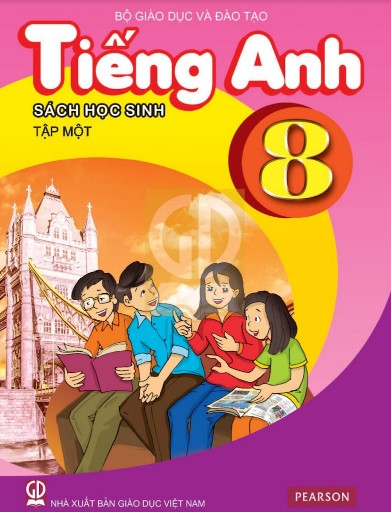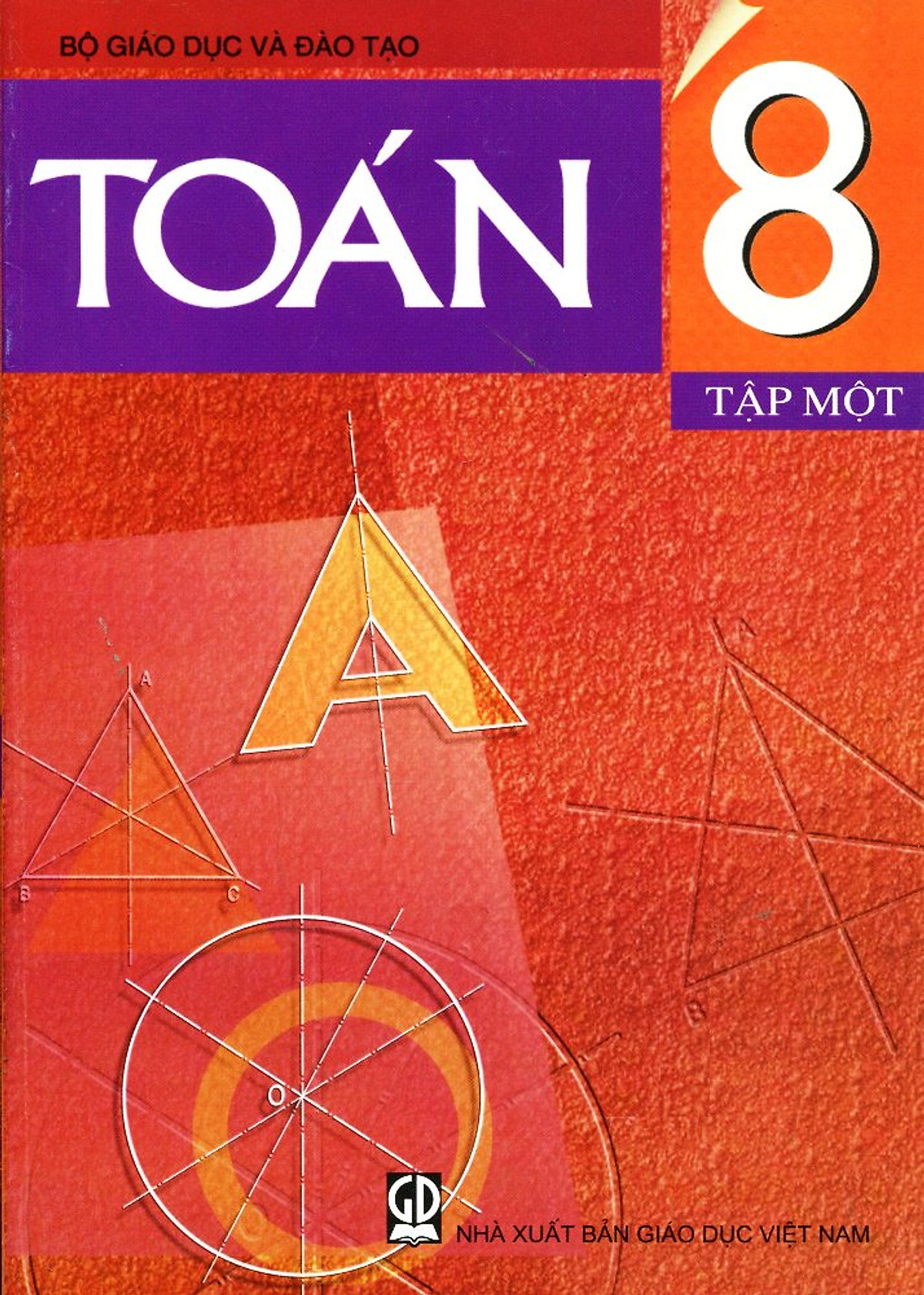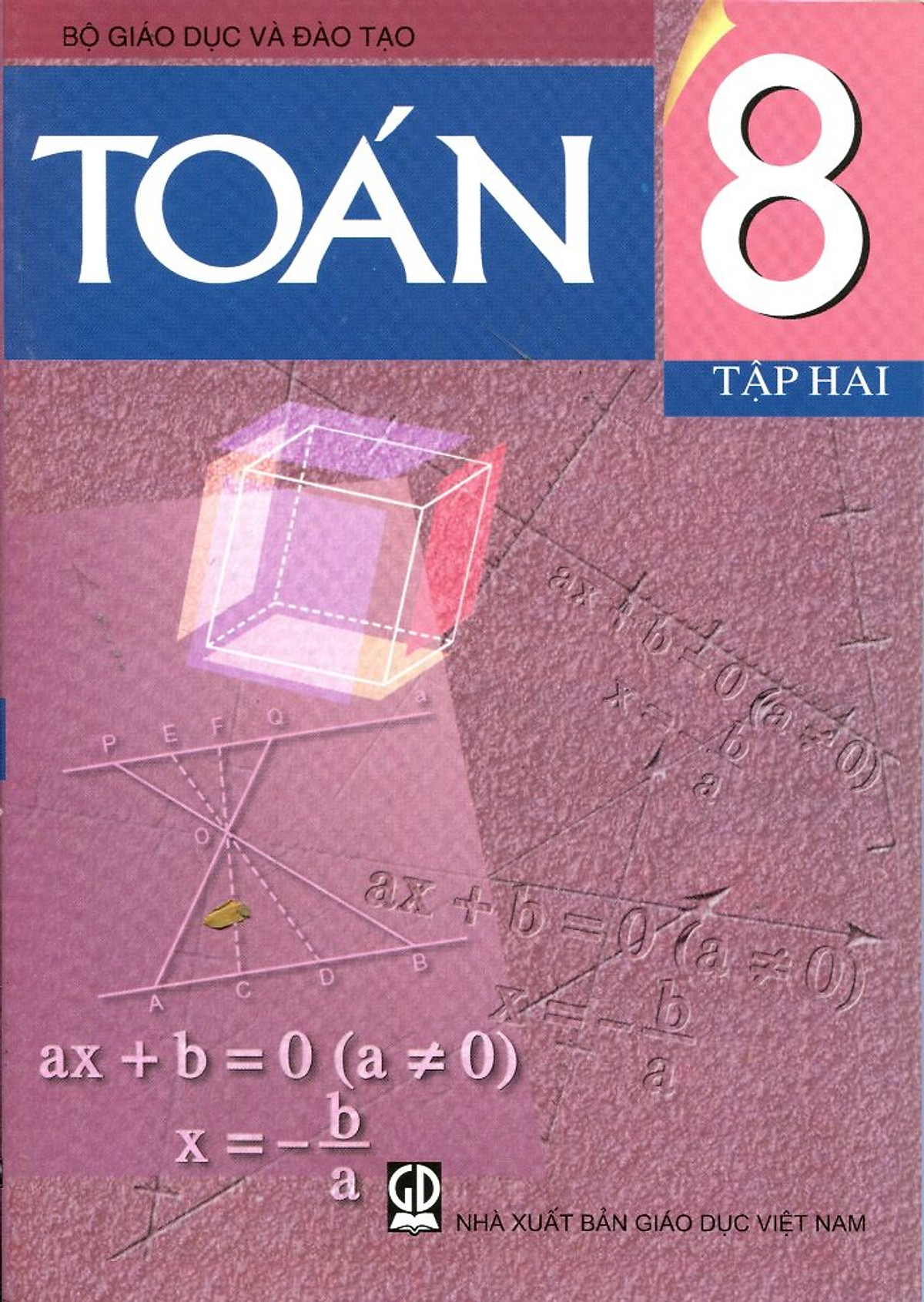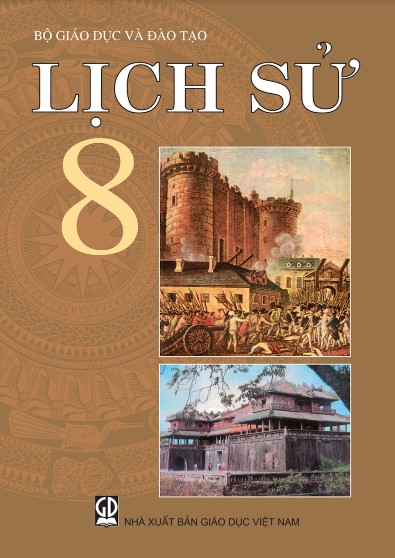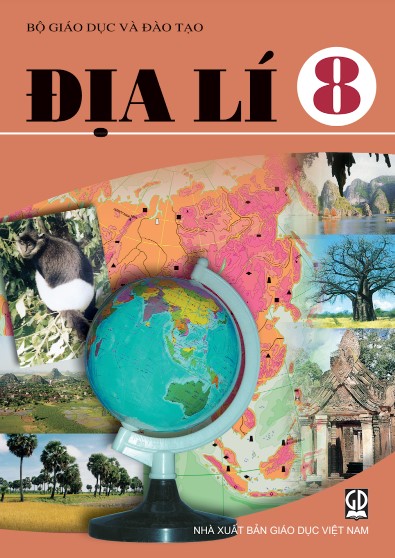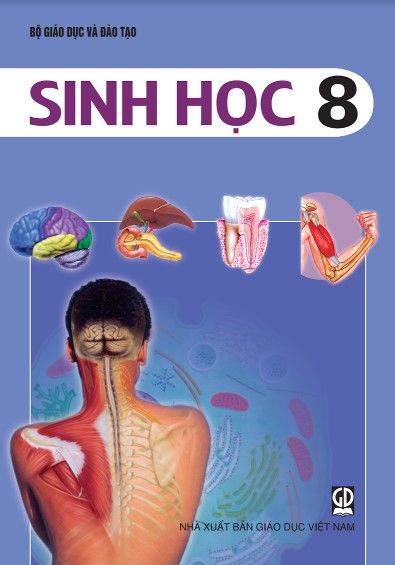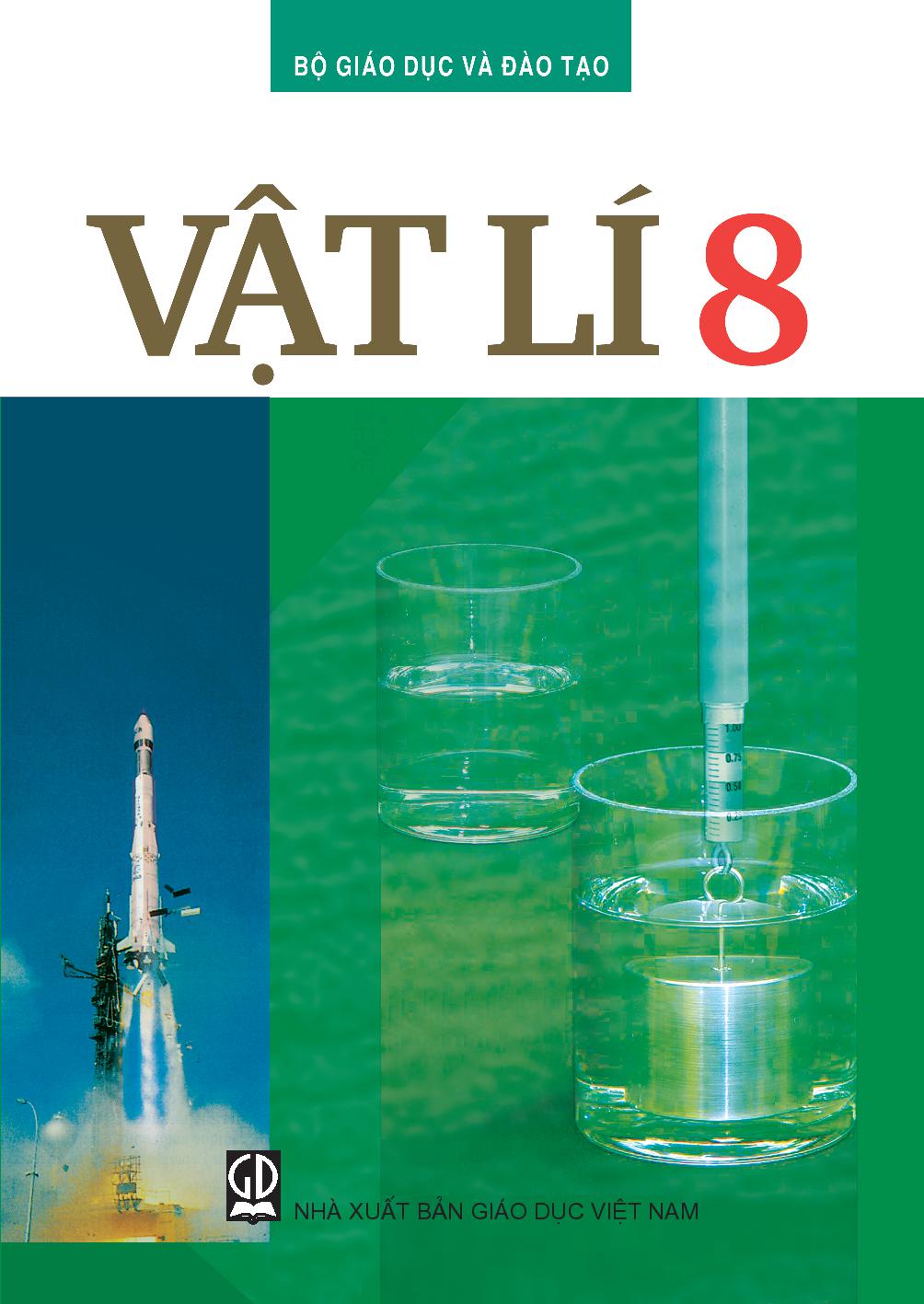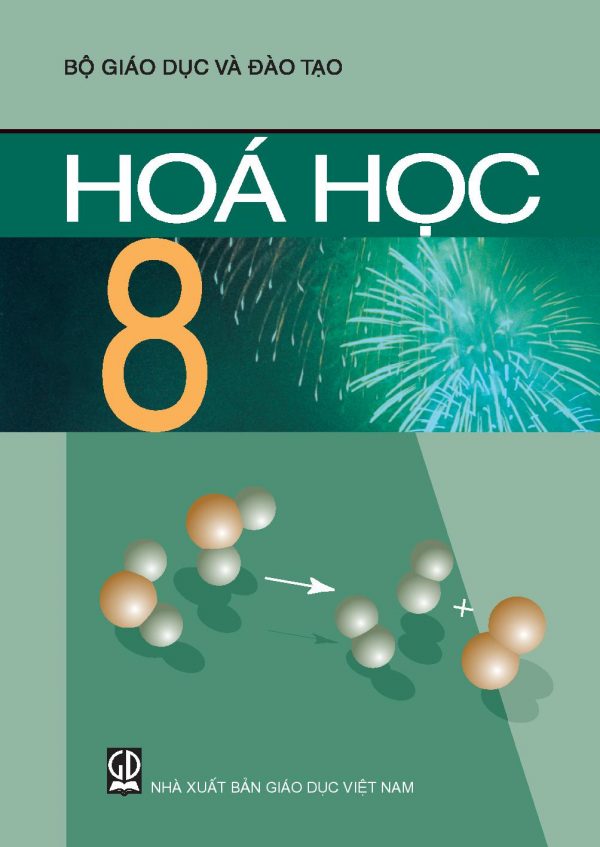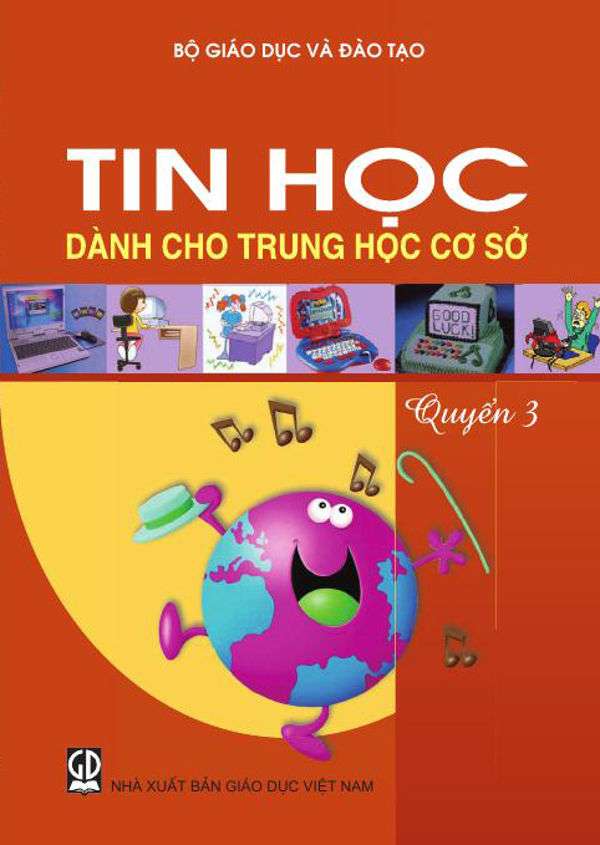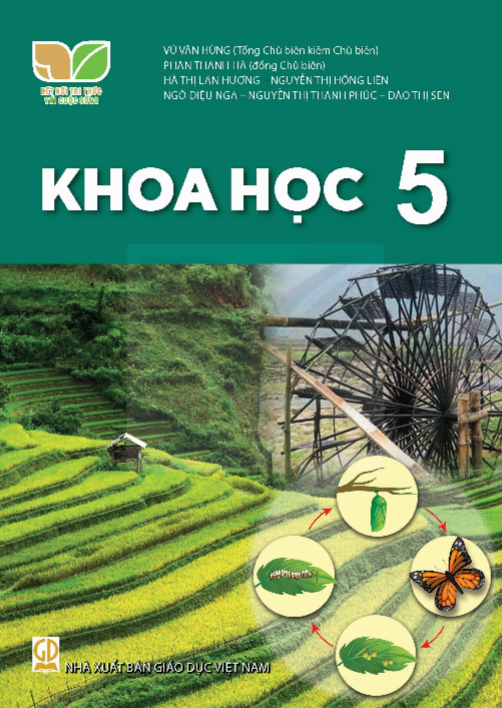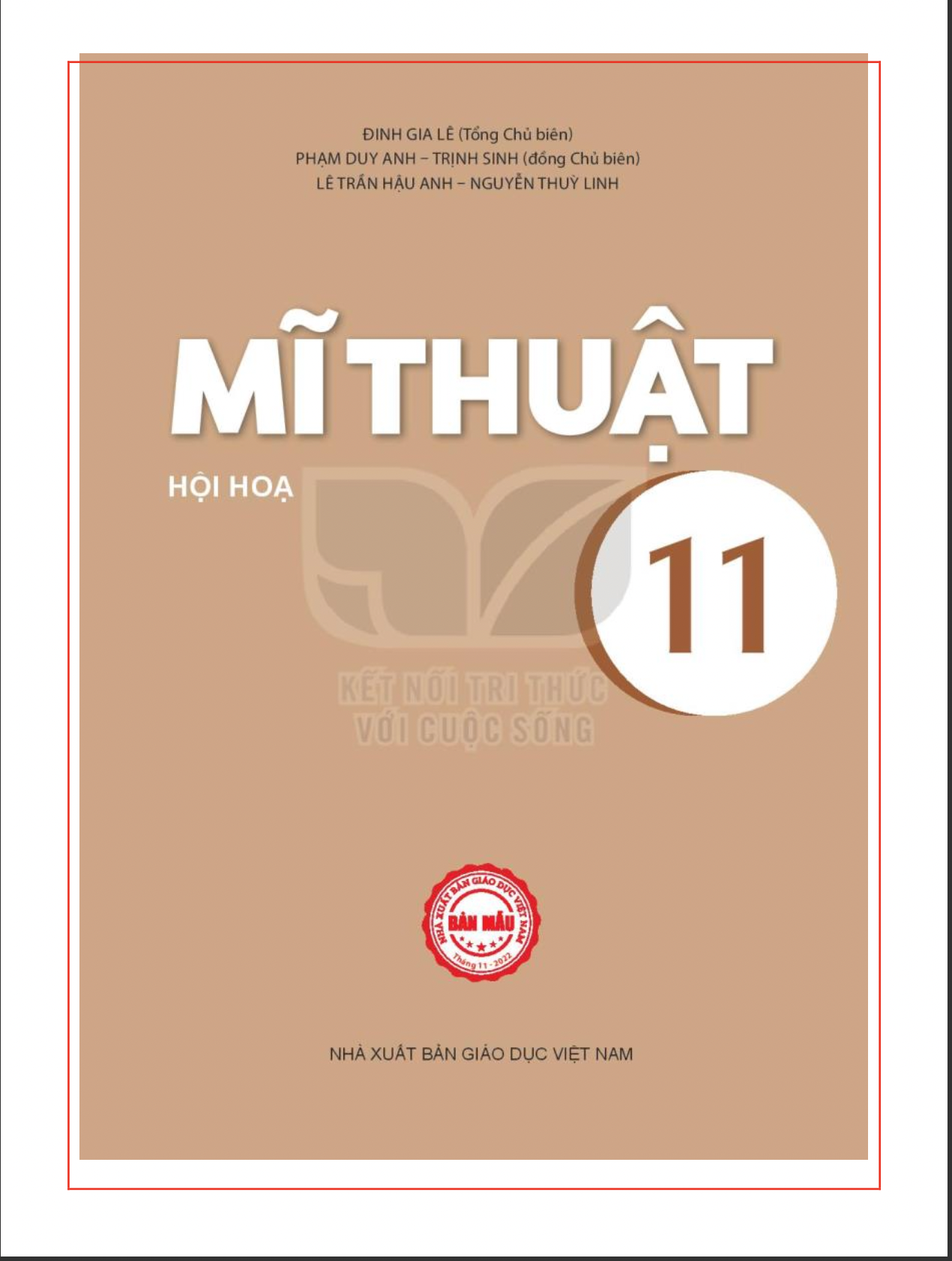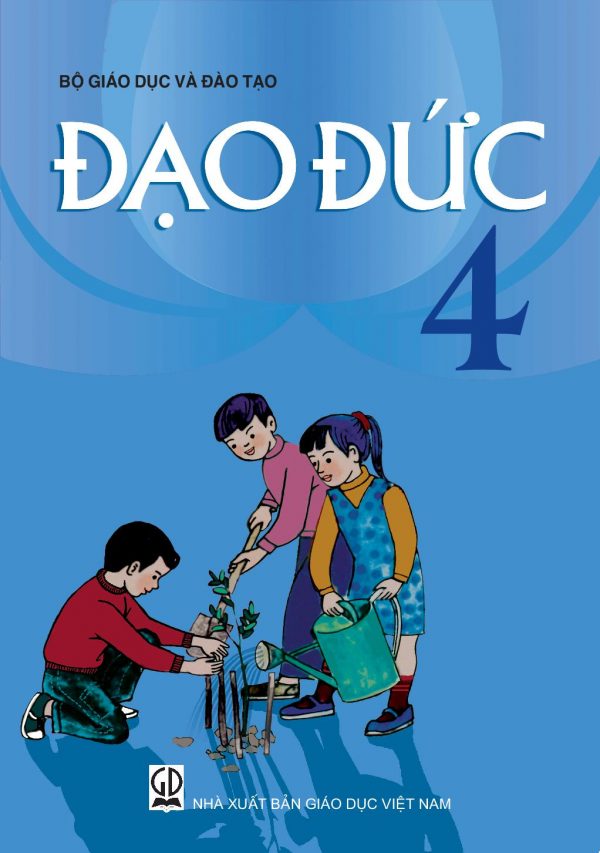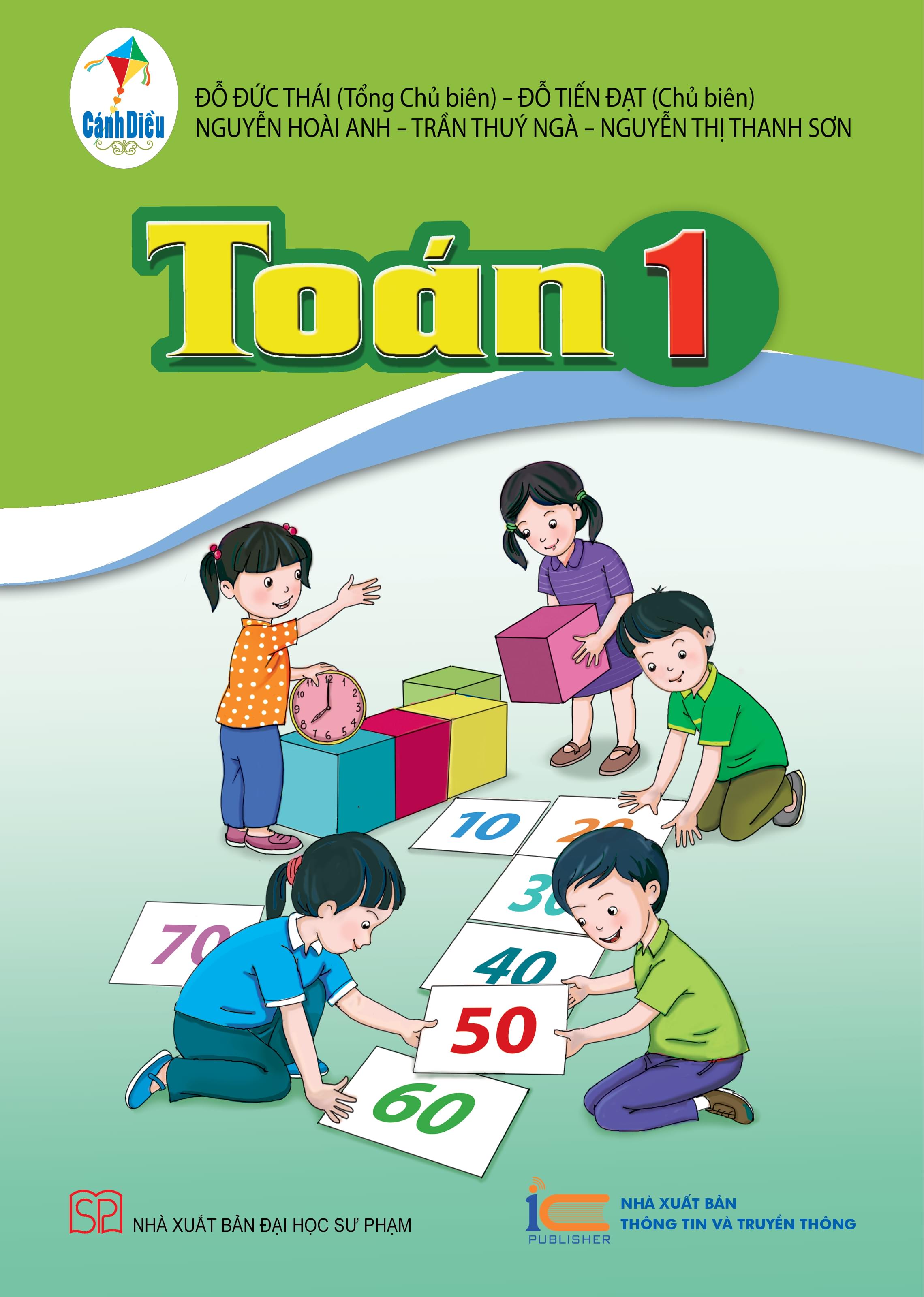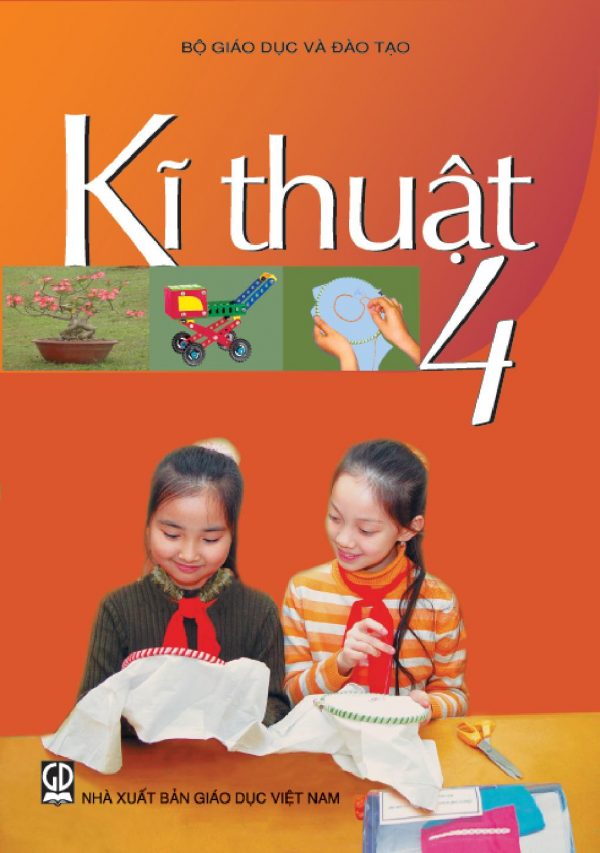A project on pollution
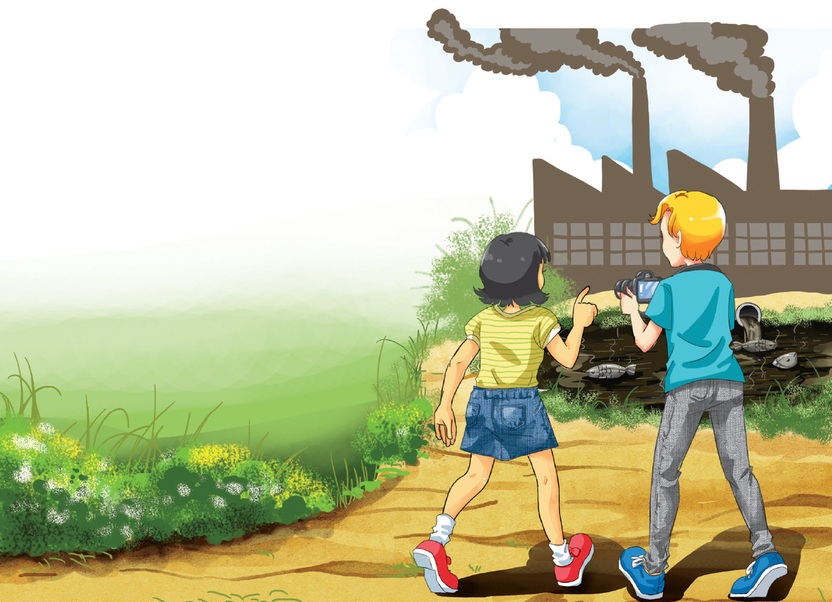
1. Listen and read.
Nick: Your home village is so beautiful. There are so many trees, flowers and birds.
Mi: Yes, that's why I like coming back here on holiday.
Nick: Mi, what's that factory? It looks new.
Mi: I don't know. There wasn't a factory here last year.
Nick: Mi, look at the lake! Its water is almost black.
Mi: Let's go closer. ... I can't believe my eyes. The fish are dead!
Nick: I think the waste from the factory has polluted the lake. The fish have died because of the polluted water.
a. Find a word/ phrase that means:
1. no longer alive
2. growing or living in, on, or near water
3. throwing away something you do not want, especially in a place which is not allowed
4. a substance that can make people or animals ill or kill them if they eat or drink it
5. made unclean or unsafe to use
6. to think of an idea, or a plan
Watch out!
‘Bless you!’ is an idiom. You say it to somebody after they have sneezed.
‘I can’t believe my eyes!” is an informal expression. Do you know what it mean.
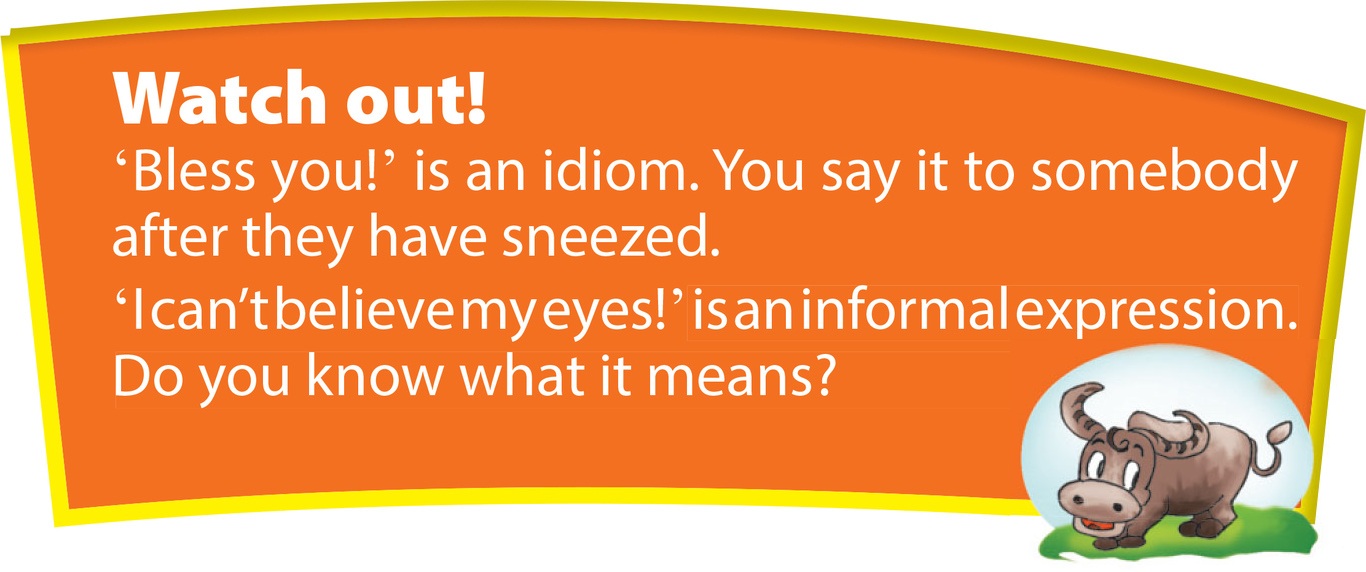
b. Answer the questions.
1. Where are Nick and Mi?
2. What does the water in the lake look like?
3. Why is Mi surprised when they get closer to the lake?
4. What is the factory dumping into the lake?
5. Why is Nick sneezing so much?
c. Tick (✔) true (T), false (F), or no information (NI).
| T | F | NI | |
| 1. The water in the lake has been polluted by a ship. 2. Water pollution in the lake has made the fish die. 3. Aquatic plants may also die because of the polluted water. 4. Nick wouldn't sneeze so much if the air was clean. 5. Nick and Mi will give a talk about water and air pollution. |
2. There are different types of pollution. Write each type under a picture.
| water pollution noise pollution radioactive pollution
| land/soil pollution thermal pollution | air pollution light pollution visual pollution |
3. Complete the sentences with the types of pollution.
1. When __________ happens, the water temperature in streams, rivers, lakes, or oceans changes.
2. __________ occurs when the atmosphere contains gases, dust, or fumes in harmful amounts.
3. When radiation goes into the land, air or water, it is called __________.
4. Too much use of electric lights in cities may cause __________.
5. __________ is the contamination of lakes, rivers, oceans, or groundwater, usually by human activities.
6. __________ happens when human activities destroy the Earth's surface.
7. __________ occurs because there are too many loud sounds in the environment.
8. The sight of too many telephone poles, advertising billboards, overhead power lines, or shop signs may cause __________.
4. Work in groups. Which types of pollution in 3 does your neighbourhood face? Rank them in order of seriousness. Give reasons for your group’s order.
Vote for the group with the best reasons.


